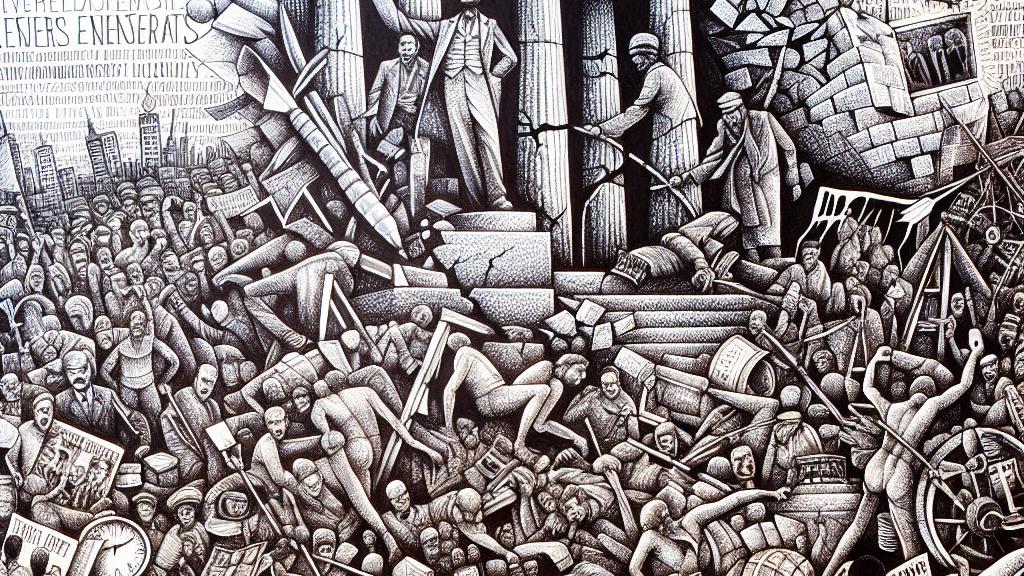Exploring the Controversy Around the Destroyed Statue of Former Ghana President
Overview
- The recent destruction of a statue dedicated to ex-President Nana Akufo-Addo has sparked intense debate across Ghana.
- Many critics viewed the unveiling as an egregious act of self-glorification during a period of severe economic distress.
- Public opinion reflects a significant divide: some celebrate the statue's destruction, while others express deep concern over how it was handled.

The Backlash Against Self-Glorification
In Ghana, the destruction of the statue honoring former President Nana Akufo-Addo has ignited a fervent discussion about the wisdom of erecting such monuments. Unveiled in November, this statue was meant to celebrate Akufo-Addo's celebrated development agenda. Yet, many citizens interpreted its presence as a glaring case of self-glorification—essentially a political vanity project. This sentiment emerges against the backdrop of a country grappling with soaring poverty rates and economic hardship. Can we truly justify spending public funds on memorials for leaders while citizens struggle to meet basic needs? This critical question elucidates the palpable resentment that permeates the public consciousness, reflecting a desire for leadership that is more in tune with the challenges faced by ordinary Ghanaians.
Mixed Reactions from the Public
The reactions to the statue’s destruction range from jubilation to sorrow, illustrating the multifaceted views within Ghanaian society. Many locals celebrated its removal, viewing it as a necessary act against what they saw as flagrant disrespect for the struggles of the populace. One resident remarked, "This statue provided no comfort or benefit to those in need; its destruction is simply a sign of our collective discontent." Conversely, supporters of Akufo-Addo expressed dismay, arguing that there are more constructive ways to address disagreements, underscoring the need for respect in political dialogue. Such a spectrum of opinions reveals the deep divisions surfacing in Ghana, as monuments often become battlegrounds for contrasting narratives about leadership, identity, and historical memory.
A Pattern of Controversy in Ghanaian Monuments
The event surrounding Akufo-Addo’s statue is not merely a singular incident; rather, it mirrors a broader trend in Ghana known as 'monument wars,' where public expressions of commemoration become contentious. Take, for example, the saga surrounding the statues of Kwame Nkrumah—the first President of Ghana—which have sparked debates on national identity and historical representation for decades. Such monuments are not just simple structures; they are imbued with meaning and can evoke strong emotional responses. The destruction of the Akufo-Addo statue serves as a stark reminder of how memory and commemoration can be contested ground, especially in a nation battling economic strife. Through these struggles, the choices we make about who and what to commemorate become crucial in shaping the collective consciousness of Ghanaian society moving forward.

Loading...